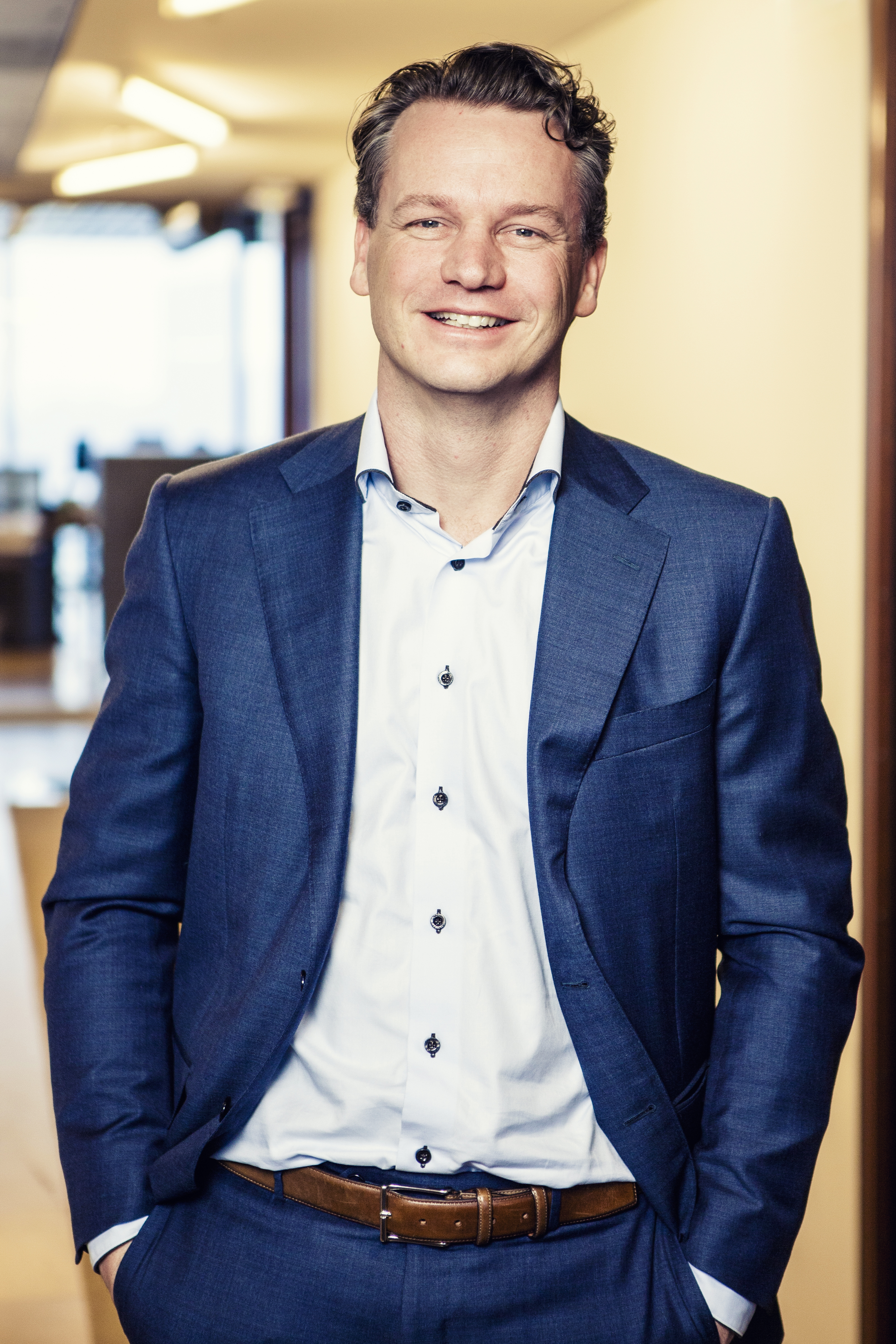- Projects
- The State of Sustainable Packaging
- Interviews
- 'Inspire and make impact'
'Inspire and make impact'
For the launch of The State of Sustainable Packaging, the KIDV spoke to various partners and experts in the field of sustainable packaging. What does their daily practice look like and how do they look at policy and developments? What cooperation and innovations are needed - in the short, medium and long term - to achieve intrinsically sustainable packaging. That is packaging that does not harm people and the environment. In this episode: Robbert de Vreede, Executive Vice President Global Food at Unilever.
 “We are a major organisation. If we do not change, nothing will happen. First of all, we sometimes have to shake things up a bit within our own organisation, because people often struggle with taking that first step. It can leave you a bit vulnerable, after all. Critics also immediately want to know what steps you intend to take next. At times, it makes us hesitant to explain exactly what we are doing.”
“We are a major organisation. If we do not change, nothing will happen. First of all, we sometimes have to shake things up a bit within our own organisation, because people often struggle with taking that first step. It can leave you a bit vulnerable, after all. Critics also immediately want to know what steps you intend to take next. At times, it makes us hesitant to explain exactly what we are doing.”
“I understand the people who say ‘You signed the Plastic Pact and talk about your lofty ambitions, but how will you actually pull it off?’ My answer is this: would it be better if we had not signed the Pact and not inspired our people to get to work on this issue? If I only commit to what I already can, I don’t inspire others and I give people the right to say, “You’re not going fast enough”. Putting your money where your mouth is, will enable me to put pressure on my own organisation to make the harder choices.
You have to make a clear choice, even if it is potentially met with criticism”
“We are spending €5 billion per year on packaging materials. There is a good reason for that. We use so much of it because packaging materials serve an important function in terms of both safety and sustainability. When I would post on LinkedIn that all our soups will be packaged in glass, it will get many likes from consumers thinking this is a good move, however CO₂-emissions will be of the chart. It is important to stay honest. You have to make a clear choice, even if it is potentially met with criticism. That is still better than taking popular measures that ultimately make no difference whatsoever. I am not saying that we should just stay on our current path. That is why we have established our Fieldlab and are working with partners such as SABIC to improve recycling technology. However, we don't want to end up with packaging materials that cost €5 a piece, because no one will buy those and then we won't make any impact at all.”
“Making everything fully recyclable is economically infeasible. Going through the recycling process all the way to the end is often far too costly, which ultimately prevents us from marketing enough. It is far more efficient to use part of the recyclate for the production of inferior products and use the rest in a high-grade manner, depending on the possibilities that future technologies will create. I am an optimist. I am sure that there are smart people out there who will ultimately come up with a solution for the flexibles that pose such a problem for us at the moment. Right now, Boyan Slat is having some difficulties retrieving all that plastic from our oceans. Eventually, however, he or someone else will pull it off.”
Accelerating a transition should feel right in your mind and at the same time a little uncomfortable in your stomach"
“If I, a father who has all the answers, cannot get my family to properly separate all our waste, I think we may be using the wrong system. Municipalities continue to introduce faulty systems. We keep using them, however, because it is hard to properly explain other systems to civilians. What we need is a visionary who dares to stand up and say ‘this isn't working.’ The same goes for packaging materials and plastics. Not all plastic packaging materials are bad and other types of packaging materials are not necessarily better. We know what the pros and cons of different types of materials are and we know that new materials and new knowledge are being developed. Perhaps it is best to accept a slightly less recyclable solution for the time being, in the knowledge that you will be able to adopt a more sustainable alternative in a few years’ time. Accelerating a transition should feel right in your mind and at the same time a little uncomfortable in your stomach."